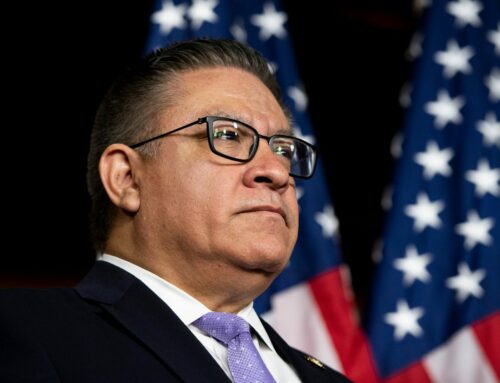Former Michigan House Speaker and Three Others Charged with Corruption in Connection to State’s Legal Cannabis Industry
LOS ANGELES– Former Michigan House Speaker Rick Johnson and three others have been charged with federal corruption charges related to the state’s legal cannabis industry. The charges are likely to signal just the beginning of a much broader investigation. All four defendants have accepted plea deals, which highlight the early challenges of launching Michigan’s legal cannabis industry. In the beginning, eager cannabis startups were pitted against a new state agency that was overwhelmed and had a political board. Matthew Schneider, former U.S. attorney, and partner at Detroit law firm Honigman LLP, predicts that the case, which is still ongoing, is likely to lead to more indictments.
Johnson is accused of accepting at least $102,000 in bribes from three different parties to expedite the approval of medical cannabis licenses for two unnamed companies. Johnson was appointed by then-Gov. Rick Snyder to chair the Michigan Medical Cannabis Board in 2017, and he continued to do so until Gov. Gretchen Whitmer dissolved the board in 2019.
The indictment alleges that companies tied to Johnson’s co-defendants received application approvals and license recommendations after he received bribes, which included two private jet flights to Canada. The other defendants charged on Thursday include lobbyists Brian Pierce and Vincent Brown and John Dawood Dalaly, who operated two marijuana businesses listed in court documents as Company A and Company C.
The creation of Michigan’s legal marijuana industry was chaotic and political from the start, with delays and problems that lasted for months before eager medical cannabis retailers could receive licenses. The backlog and the enormous profit potential for those first to market led to some unethical behavior, according to Denise Pollicella, founder and managing partner of Cannabis Attorneys of Michigan. While Pollicella said that the elimination of the licensing board in 2019 likely slowed corruption at the state level, it’s all but picked up at the local municipality level, where companies also need licensing approval.
It remains unclear if or when the feds will announce more corruption charges related to the industry, but the wrongdoing is already creating a stir among the Michigan Cannabis Regulatory Agency. Brian Hanna, executive director of the CRA, said that the agency is currently reviewing the information and will begin investigations as warranted. Cannabis industry stakeholders in Michigan can be assured that if any businesses broke the law or rules, disciplinary action will be pursued.



































